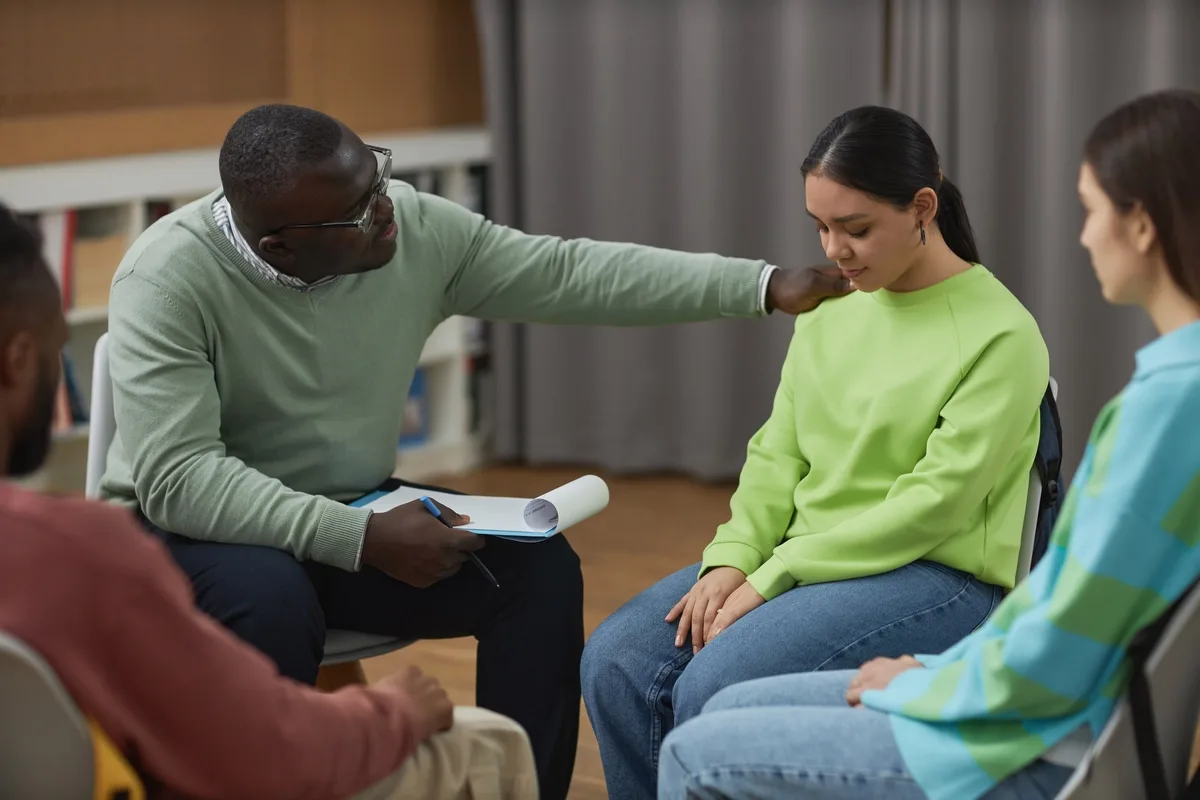24/7 Helpline:
(866) 899-221924/7 Helpline:
(866) 899-2219
Learn more about Depression Treatment centers in Howard County
Depression Treatment in Other Counties

Other Insurance Options

Premera

Optum

Kaiser Permanente

WellPoint

CareSource

EmblemHealth

Sliding scale payment assistance

Access to Recovery (ATR) Voucher

Magellan Health

Excellus

Lucent

Carleon

Meritain

Highmark

Providence

Oxford

American Behavioral

Humana

Ceridian

AllWell

JAEL Health Services
JAEL Health Services is a private rehab located in Ellicott City, Maryland. JAEL Health Services spe...




















































































































































































































Counseling Resources
Counseling Resources is a private rehab located in Ellicott City, Maryland. Counseling Resources spe...

Yudaguru Integrative Wellness
Yudaguru Integrative Wellness is a counseling center located in Ellicott City, Maryland. Lead by Abh...

















































































































